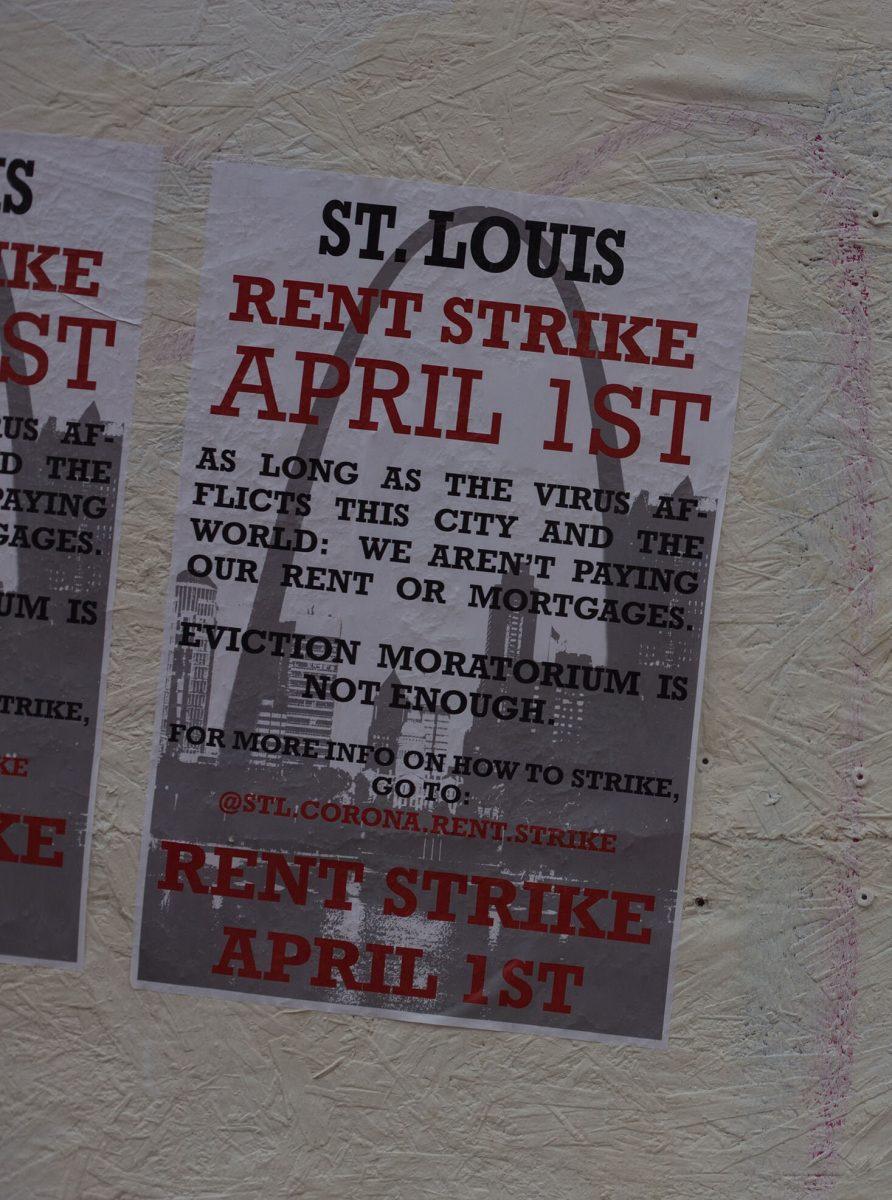On April 6, the California Judicial Council approved emergency orders that essentially halted the majority of evictions and foreclosures well throughout the summer in relation to COVID-19.
Many renters and homeowners are struggling to pay their rent and mortgages this month, and likely future months, because of job losses due to the coronavirus pandemic.
This approved emergency order does not allow forgiveness on rent, just a brief moment to postpone collection. This gives tenants until 90 days after the state emergency is lifted to refrain from acting on legal demands for rent payments. Once that period of 90 days ends, eviction proceedings are back on the table.
“I urge families who are facing an inability to pay their rent due to COVID-19 to take control of their rights under the Judicial Council’s emergency eviction rule and the governor’s executive order,” said Attorney General Xavier Becerra in a statement. “Although neither of these measures forgives payment of rent, they will prevent most evictions from going forward during the ongoing public health emergency.”
This means that even with an eviction delay in place, past rent is not forgiven. If you are able to pay your rent, you should. If not, then you should take advantage of this time. But be wary, as the landlord can still file an eviction case it just will not take place until those 90 days pass once the state emergency is lifted.
As of right now, the Judicial Council’s rule prevents landlords from serving a tenant a summons in order to start the timer on the tenant’s time to respond. Eviction trials involving existing trials will be postponed for at least 60 days.
Tenants who have documentation to prove their inability to pay rent and notify their landlords in a timely manner that they cannot pay are protected against lockout by the sheriff.
“We are at this point truly with no guidance in history, law, or precedent,” said Chief Justice Tani Cantil-Sakauye, chair of the council, in a statement. “And to say that there is no playbook is a gross understatement of the situation. In developing these rules, we listened to suggestions from our justice system partners, the public, and the courts, and we greatly appreciate all of the input.”
“We are extremely relieved that the Judicial Council has shown the type of leadership we need to make sure that basic, straightforward protections are in place, reducing any immediate risk to tenants and allowing them to focus on protecting their health and safety without worrying about losing their homes at a time when they are being told to shelter in place to avoid the spread of a highly contagious and deadly virus,” stated Western Center on Law & Poverty, a tenant rights group.
The state legislature is expected to address issues such as terms for landlord repayment plans for missed housing payments during the coronavirus crisis and eviction delay when they meet later this month. The council’s moves are a way to offer housing protections for Californians, as well as minimize the court’s own workload as it tries to operate within “stay at home” mandates and “social distancing” rules in order to protect themselves and set an example.
With all of these rules put in place, landlords are still finding sneaky ways to receive their rent money from tenants. Some have even gone as far as informing their tenants that they must provide pay stubs and bank statements showing how COVID-19 has affected their incomes.





![[Both photos courtesy of sonoma.edu]
Ming-Ting Mike Lee stepped in as the new SSU president following Sakakis resignation in July 2022](https://sonomastatestar.com/wp-content/uploads/2024/04/CC4520AB-22A7-41B2-9F6F-2A2D5F76A28C-1200x1200.jpeg)


























